Understanding your autoimmune risk is the first step in taking proactive measures to prevent, manage, or reverse autoimmunity.
You have your score, now what?
This information can be a valuable starting point for discussing your health with your healthcare team and empowering you to make positive changes that are within your control. By adjusting your nutrition and lifestyle habits, you can take steps to prevent or even reverse the onset of autoimmunity. With or without a diagnosis, you have the power to take charge of your health and become your own advocate every step of the way.
How to interpret your score
1-29
It appears your risk for having an autoimmune disease is low, however if some of the symptoms you are experiencing are bothersome, you should make it a priority to speak with your doctor to find out if they could be caused by other conditions or immediately begin honing your foundational health habits. At this stage, it’s fairly simple to identify what’s driving your discomfort and just a few tweaks may be all that you need.
30-59
It appears your risk for having an autoimmune disease is average. This is the phase practitioners sometimes refer to as “silent autoimmunity.” This means that there may be antibodies present, but you are not experiencing disruptive symptoms. If you are suffering from autoimmune disease, this is the best time to seek diagnosis and take action although it can be difficult because many symptoms are not yet present so your doctor may not agree to order antibody testing. If you are having trouble working with your health-care providers on this, consider working with Functional Medicine Dietitians & Nutritionists who specialize in preventing, managing, and reversing autoimmune conditions.
60-99
It appears your risk for having an autoimmune disease is high, and it is possible that some of your symptoms could be caused by an autoimmune reaction. However, seeking diagnosis may be difficult — although symptoms are present, they might not point to a clear diagnosis. Nutrition and lifestyle intervention at this status can significantly improve your quality of life.
100+
